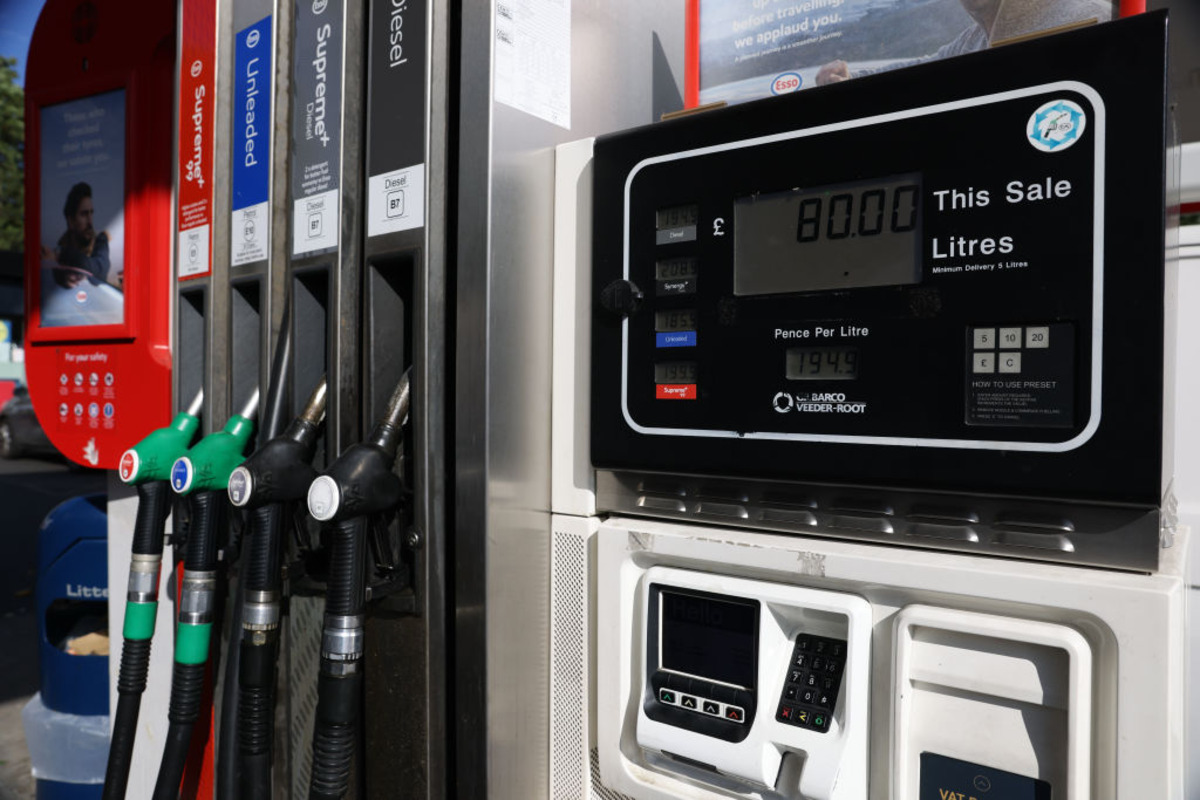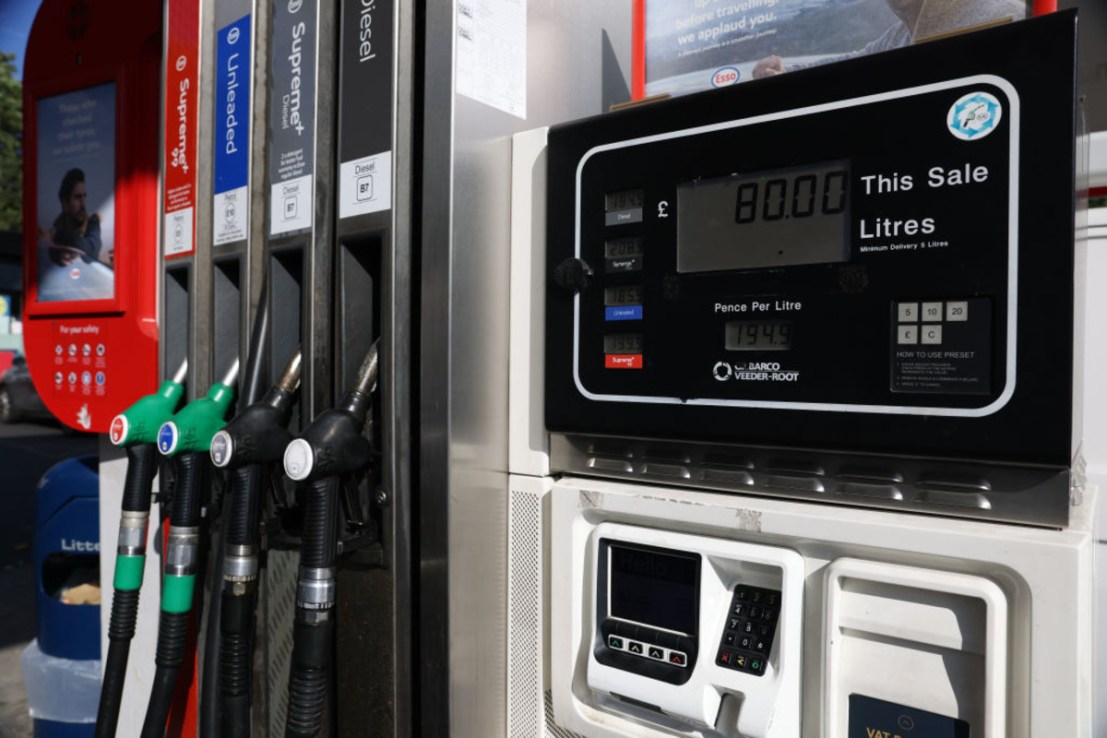Why UK petrol and diesel prices are still sky high despite recent fall
The price of petrol and diesel in the UK fell between June and October 2024 but the margin retailers are making from each visit to the pump has surged. According to new figures from the Competition and Markets Authority (CMA) fuel prices decreased in the period because, in part, of the changing crude oil prices [...]


The price of petrol and diesel in the UK fell between June and October 2024 but the margin retailers are making from each visit to the pump has surged.
According to new figures from the Competition and Markets Authority (CMA) fuel prices decreased in the period because, in part, of the changing crude oil prices and refining spreads, both of which are driven by global factors.
The watchdog said that average petrol and diesel prices at the end of October were 134.4 and 139.7 pence per litre (ppl) respectively.
This is a decrease of 10.0 ppl and 10.4 ppl in petrol and diesel prices than the previous four months.
Despite the fall, the margins the retailers – the difference between what a retailer pays for its fuel and what it sells at – remain at historic levels.
The CMA’s figures show that supermarket fuel margins increased over the May to August 2024 period, up from 7 per cent in April to 8.1 per cent in August.
Non-supermarket fuel margins also rose from 7.8 per cent in April to 10.2 per cent in August.
The organisation said that the “increase in the level of fuel margins is concerning and suggests that overall levels of competition in the road fuel retail market remain weakened”.
The CMA also looked at retail spread – the average price that drivers pay at the pump compared to the benchmarked price that retailers buy fuel at – over July to October 2024.
Retail spreads were above the long-term average of 5-10 ppl, with petrol averaging 14.9 ppl and diesel averaging around 16.3 ppl.
The watchdog said that retail spreads have been above long-term averages since 2020, “indicating an ongoing lack of retail competition in the sector”.
Dan Turnbull, senior director of markets at the CMA, said: “While fuel prices have fallen since July, drivers are paying more for fuel than they should be as they continue to be squeezed by stubbornly high fuel margins.
“We therefore remain concerned about weak competition in the sector and the impact on pump prices.
“With that in mind, we are pleased the government is progressing with our recommendations.
“These measures will empower drivers to find the cheapest fuel prices wherever they are in the UK, increase competition and support the economy – the more people save on fuel, the more they have to spend in other areas.”


